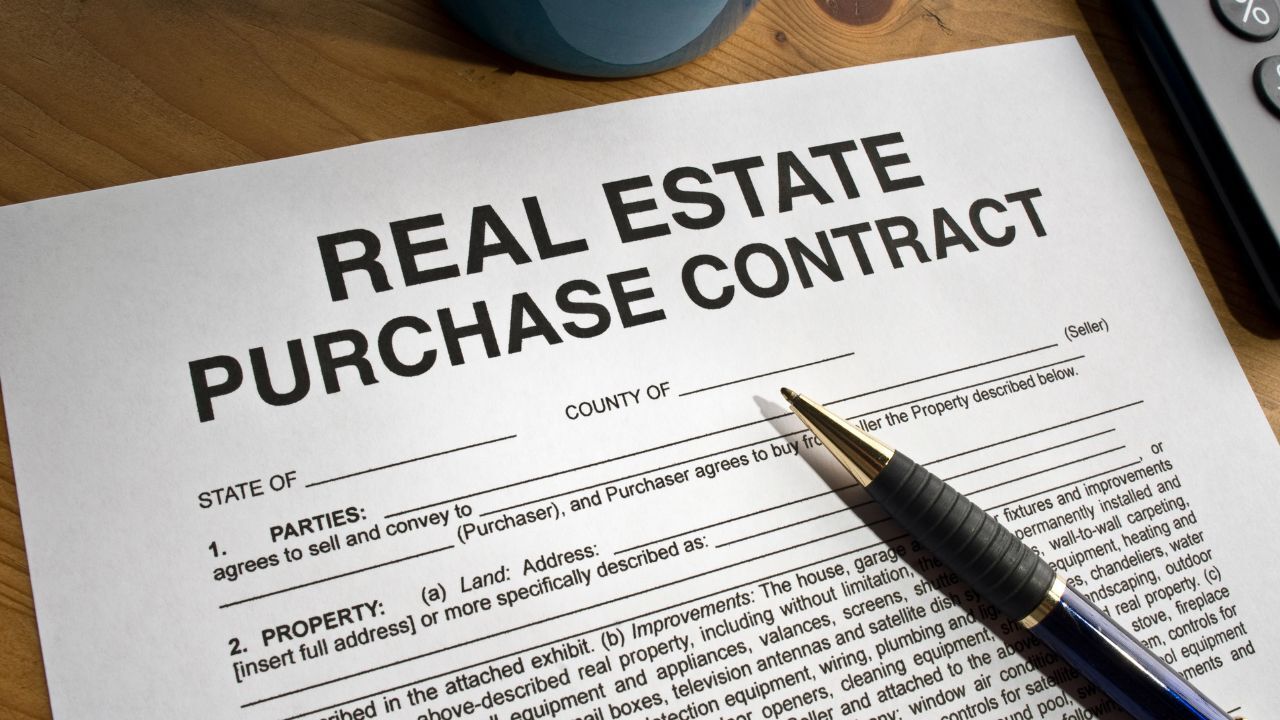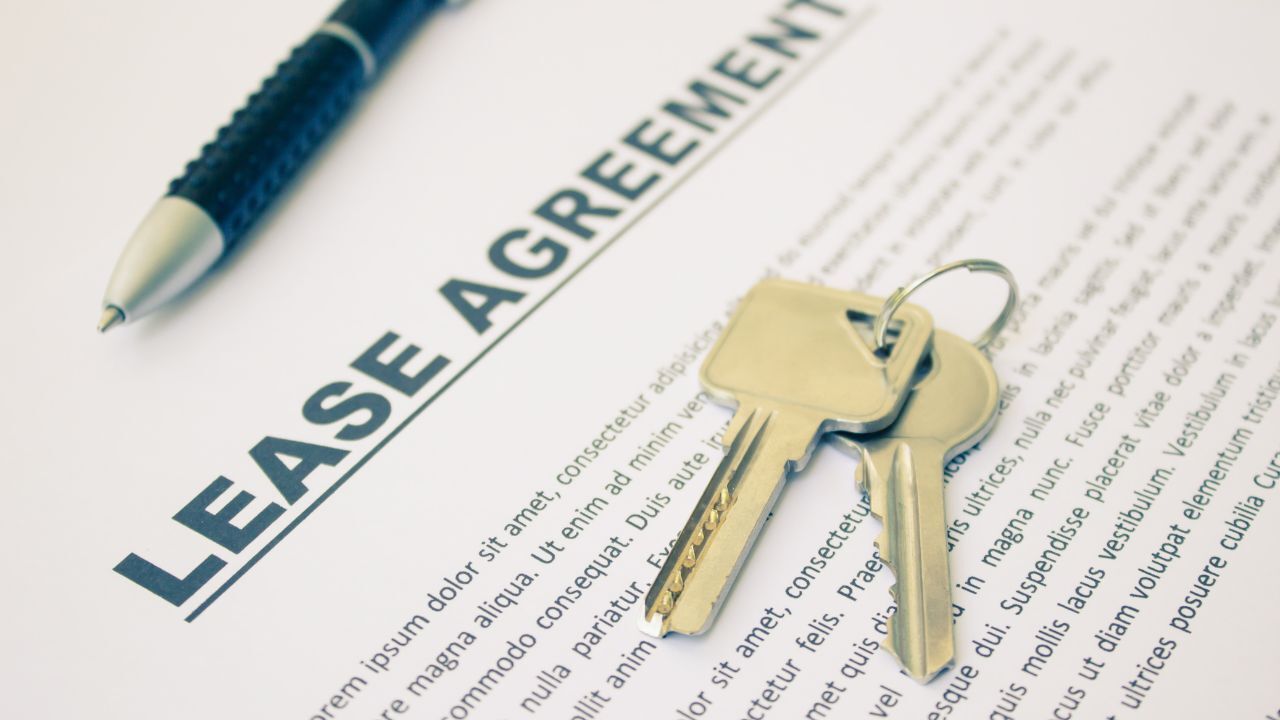 Touring homes is one of the most exciting parts of the homebuying process. But it’s easy to get caught up in the moment, beautiful staging, new finishes, or fresh paint can sometimes distract from more important details. That’s why having a checklist is essential.
Touring homes is one of the most exciting parts of the homebuying process. But it’s easy to get caught up in the moment, beautiful staging, new finishes, or fresh paint can sometimes distract from more important details. That’s why having a checklist is essential.
Whether you’re a first-time buyer or a seasoned mover, knowing what to look for during a house tour can help you make a smart and informed decision.
Curb Appeal
Curb appeal is important, but do not stop there. As you approach the home, observe the driveway, sidewalks, landscaping, and roofline. Cracks in pavement, standing water, or damaged gutters may be signs of larger maintenance issues.
Entryways and Doors
Check the condition and fit of the front door. It should open and close easily and fit securely in its frame. Inside, test interior doors to ensure they latch properly and do not stick or swing open, signs that could point to structural settling or foundation shifts.
Layout and Flow
Picture your daily routine as you move through the home. Is there a natural flow between rooms? Do the bedrooms offer enough privacy? Does the home feel open or segmented? Look beyond furniture and staging to assess whether the space truly fits your lifestyle.
Walls, Floors, and Ceilings
Be alert for cracks, stains, or uneven surfaces. Cracks near doors and windows can indicate foundation issues, while discoloration on ceilings might signal water damage. Floors should feel level and solid underfoot.
Bathrooms
Check for functionality and signs of moisture. Run faucets, flush toilets, and turn on the shower to test water pressure. Inspect under sinks for leaks or mold, and confirm that ventilation fans are working to prevent future moisture problems.
Kitchen Functionality
Open cabinets and drawers to assess storage space. Test appliance doors if allowed, and check outlets and lighting. Don’t forget to inspect under the sink for leaks or evidence of past water issues. A beautiful kitchen is great, but it also needs to be functional.
Electrical and HVAC
Test light switches and look for signs of updated electrical systems. Ask about the age of the HVAC system and water heater. Is the home adequately cooled or heated? Check for visible ductwork or thermostats and make sure everything appears to be in good condition.
Laundry Area
If there’s a designated laundry space, evaluate its location and practicality. Is it near bedrooms or tucked away in a garage or basement? Are there proper hookups and ventilation? This often-overlooked space can impact your daily routine.
Windows and Insulation
Check that windows open and close smoothly and look for any signs of drafts or condensation. Ask whether the home is equipped with energy-efficient windows and adequate insulation. Comfort and energy savings can hinge on these features.
Exterior and Yard
Walk around the outside of the home. Look for issues with siding, gutters, roof shingles, and foundation. Is the yard sloped to direct water away from the home? Are fences and retaining walls in good condition? These outdoor elements play a critical role in long-term upkeep.
Take Notes and Photos
It’s easy to confuse details when touring multiple homes. Bring a notebook or use your phone (with permission) to record observations and photos. Comparing these later can help you make a clearer decision.
Ask the Right Questions
Do not hesitate to ask your agent about utility costs, age of major systems, HOA dues, or neighborhood features. These answers will help you evaluate whether the home is a good long-term fit.
Confidence Comes from Clarity
A home tour isn’t just about falling in love with a space, it is about making sure it works for you. By walking in with a checklist and a critical eye, you will protect your investment and avoid unexpected surprises down the road.
What’s on your personal must-check list during a tour? Let us know in the comments.
 When you are scrolling through homes online, it’s easy to get swept away by beautiful photos, catchy descriptions, and enticing phrases like “charming fixer-upper” or “cozy starter home.” But as a real estate agent, let me tell you, there is often more to the story than meets the eye. Learning to read between the lines of a real estate listing can save you time, prevent disappointment, and help you find the right home faster.
When you are scrolling through homes online, it’s easy to get swept away by beautiful photos, catchy descriptions, and enticing phrases like “charming fixer-upper” or “cozy starter home.” But as a real estate agent, let me tell you, there is often more to the story than meets the eye. Learning to read between the lines of a real estate listing can save you time, prevent disappointment, and help you find the right home faster. When you’re preparing to sell your home, you likely focus on everything within your property line, cluttering, staging, repainting, and boosting curb appeal. But what if the one thing standing between you and a solid offer is not your house at all?
When you’re preparing to sell your home, you likely focus on everything within your property line, cluttering, staging, repainting, and boosting curb appeal. But what if the one thing standing between you and a solid offer is not your house at all? What Is a Power of Attorney in Real Estate?
What Is a Power of Attorney in Real Estate? What Is a Lease-Option Agreement?
What Is a Lease-Option Agreement? A fireplace is often considered a symbol of comfort, warmth, and charm in a home. While it may seem like a luxury feature, buying a home with a fireplace can bring numerous advantages that go beyond just providing a cozy ambiance. Whether you’re looking for a functional addition or a way to increase your home’s value, a fireplace can offer both.
A fireplace is often considered a symbol of comfort, warmth, and charm in a home. While it may seem like a luxury feature, buying a home with a fireplace can bring numerous advantages that go beyond just providing a cozy ambiance. Whether you’re looking for a functional addition or a way to increase your home’s value, a fireplace can offer both. Selling a home with outdated features can be a challenge, but it’s far from impossible. Whether your kitchen hasn’t been updated in decades, or your bathrooms still have that retro charm, buyers today are looking for modern, move-in-ready spaces. However, with the right strategy and a few smart improvements, you can make your home more appealing to potential buyers and get the best possible price.
Selling a home with outdated features can be a challenge, but it’s far from impossible. Whether your kitchen hasn’t been updated in decades, or your bathrooms still have that retro charm, buyers today are looking for modern, move-in-ready spaces. However, with the right strategy and a few smart improvements, you can make your home more appealing to potential buyers and get the best possible price. In a competitive real estate market, buyers may feel pressured to make their offers more attractive by waiving contingencies—especially the home inspection. While skipping a home inspection might seem like a way to speed up the buying process or make an offer stand out, it can be a costly mistake with long-term consequences. Here’s why a home inspection should always be part of your home-buying process, no matter how competitive the market is.
In a competitive real estate market, buyers may feel pressured to make their offers more attractive by waiving contingencies—especially the home inspection. While skipping a home inspection might seem like a way to speed up the buying process or make an offer stand out, it can be a costly mistake with long-term consequences. Here’s why a home inspection should always be part of your home-buying process, no matter how competitive the market is. Why Location is Everything in Selling a Home
Why Location is Everything in Selling a Home
 Buying a new home before selling your current one can be a smart move, especially in a competitive market where you do not want to risk losing your dream home. However, it requires careful financial planning and a solid strategy to manage the transition smoothly. Here are some of the best ways to navigate this process while minimizing risks and financial strain.
Buying a new home before selling your current one can be a smart move, especially in a competitive market where you do not want to risk losing your dream home. However, it requires careful financial planning and a solid strategy to manage the transition smoothly. Here are some of the best ways to navigate this process while minimizing risks and financial strain.